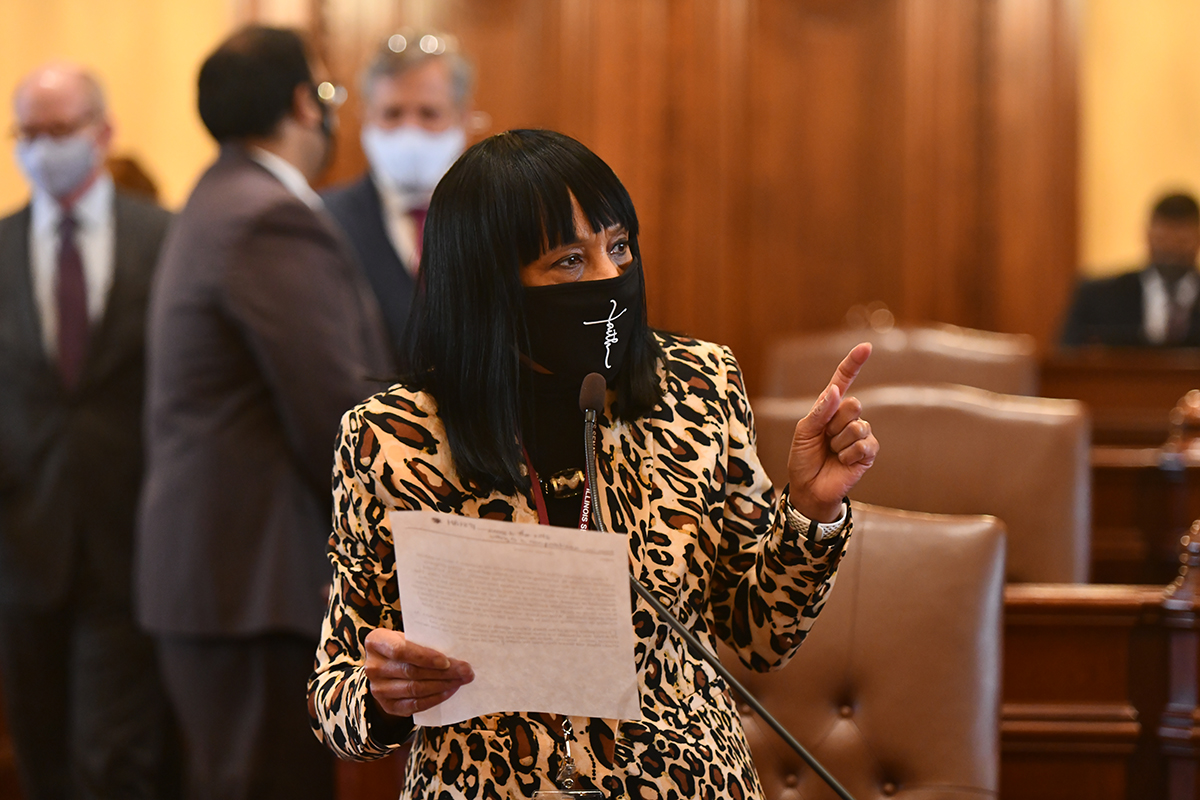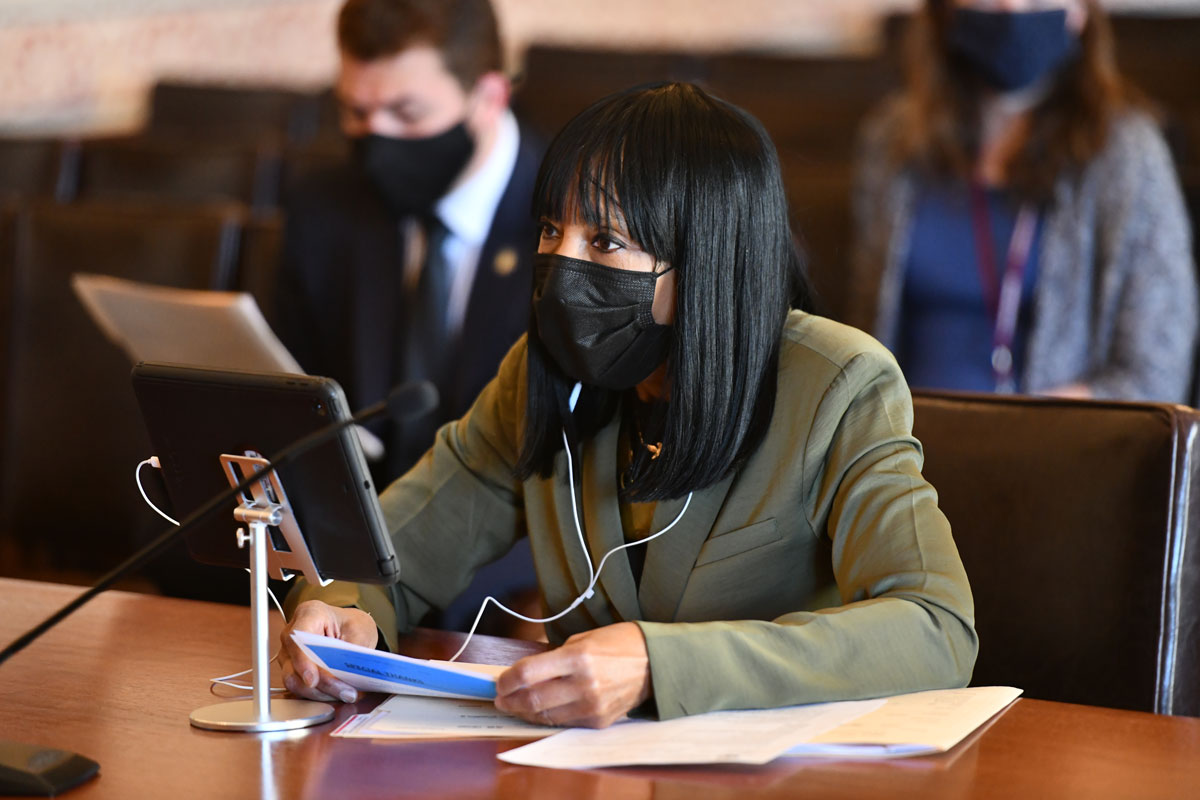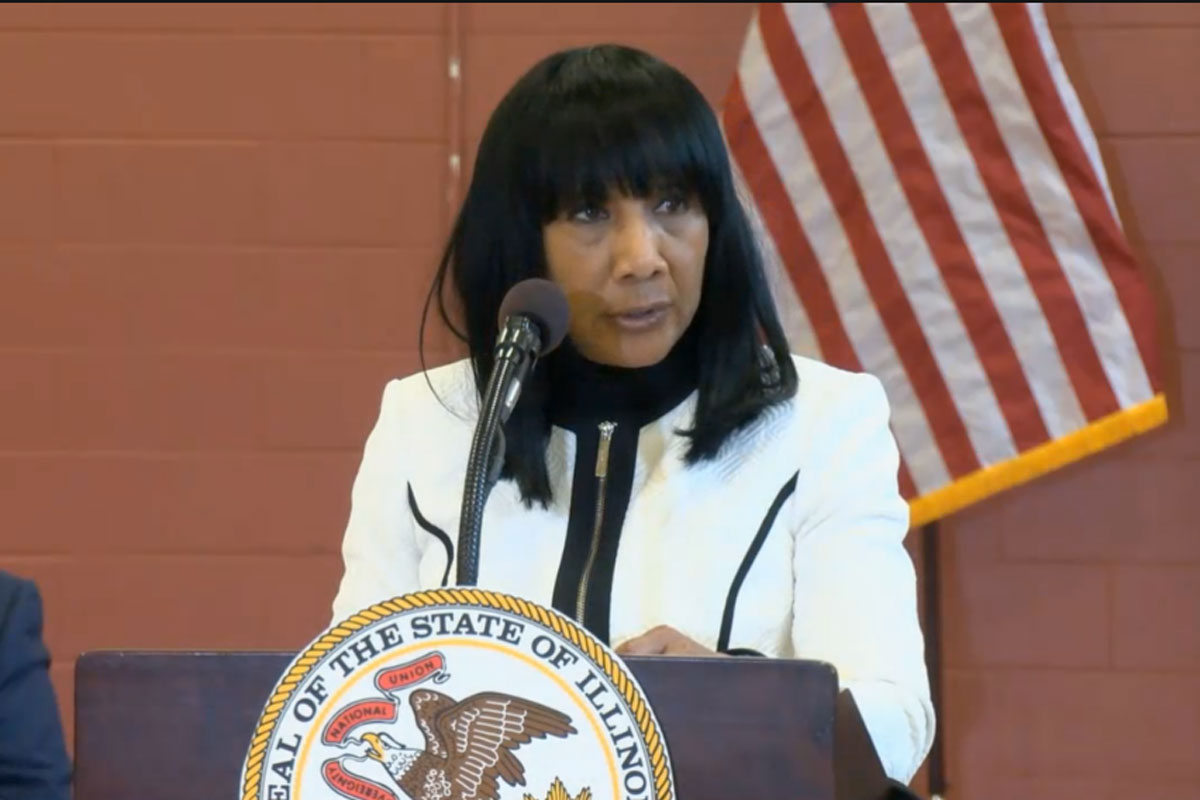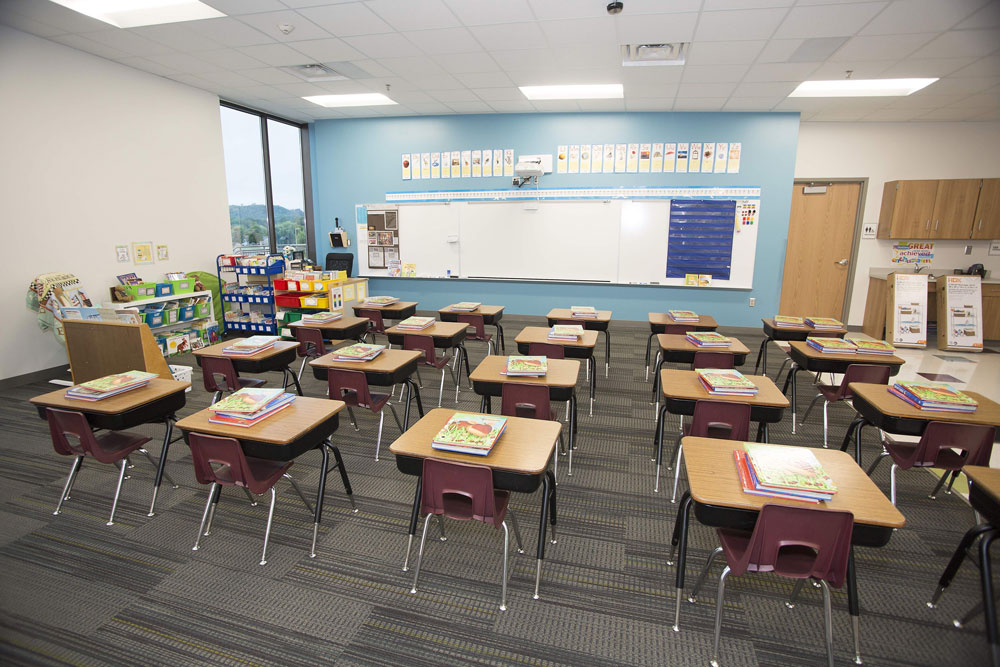- Details
- Category: Senator Jacqueline Y. Collins News

SPRINGFIELD – State Senator Jacqueline Collins (D-Chicago) issued the following statement Wednesday following Gov. JB Pritzker’s budget proposal address:
“The proposed budget brings meaningful investment in community-based programs that prevent, reduce and interrupt the violence within our neighborhoods. In addition, I am interested in preserving housing stability by working with the governor to address the disparities in home appraisals that continue to contribute to the racial wealth gap.”
Read more: Collins: Proposed budget is a conduit for equity in the state
- Details
- Category: Senator Jacqueline Y. Collins News

CHICAGO – Local businesses in the 16th District were recently awarded $1.8 million in funding from the Back to Business Program thanks to advocacy and support from State Senator Jacqueline Collins (D-Chicago).
“Businesses across the state have been our front line defense against the COVID-19 pandemic,” Collins said. “These grants are giving our local businesses a much needed boost to get back on their feet as they continue to recover.”
The B2B grants are awarded by the Illinois Department of Commerce and Economic Opportunity using funds allocated to them by the American Rescue Plan through last year’s state budget. So far – thanks to strong support from Senator Collins – DCEO has provided $111 million in B2B grants to nearly 3,000 small businesses throughout the state with an emphasis on disproportionately impacted areas.
Read more: Collins announces Back to Business recovery grant recipients
- Details
- Category: Senator Jacqueline Y. Collins News
 SPRINGFIELD – Restaurants and truck stops will provide their employees with trainings and protocols to recognize the human trafficking problem in the state thanks to a law sponsored by State Senator Jacqueline Collins (D-Chicago) that took effect Jan. 1.
SPRINGFIELD – Restaurants and truck stops will provide their employees with trainings and protocols to recognize the human trafficking problem in the state thanks to a law sponsored by State Senator Jacqueline Collins (D-Chicago) that took effect Jan. 1.
“Human trafficking is a form of industrialized kidnapping and modern-day slavery that hides in plain sight,” Collins said. “Measures like this begin to confront the problem, which disproportionately affects the number of missing Black girls and women in Illinois.”
Read more: Collins’ law helps employees combat growing problem
- Details
- Category: Senator Jacqueline Y. Collins News
 CHICAGO – Felony prostitution charges, which have not existed in Illinois since 2013, will be expunged under a new law signed today, the result of legislation by State Senator Jacqueline Collins (D-Chicago).
CHICAGO – Felony prostitution charges, which have not existed in Illinois since 2013, will be expunged under a new law signed today, the result of legislation by State Senator Jacqueline Collins (D-Chicago).
“The fact we have stopped charging prostitution as a felony means nothing to those whose records continue to be hurt by these charges,” said Collins (D-Chicago). “I want to thank Gov. Pritzker for signing this legislation and moving us beyond a dynamic that only serves to harm sex workers and perpetuate a dangerous, exploitative environment for them.”
Read more: Collins’ plan to expunge felony prostitution convictions signed into law
- Details
- Category: Senator Jacqueline Y. Collins News
 CHICAGO — To fight the isolation that has only become worse for so many seniors during the COVID-19 pandemic, a new law signed today requires virtual visitation options at long-term care facilities, the result of legislation by State Senator Jacqueline Collins (D-Chicago).
CHICAGO — To fight the isolation that has only become worse for so many seniors during the COVID-19 pandemic, a new law signed today requires virtual visitation options at long-term care facilities, the result of legislation by State Senator Jacqueline Collins (D-Chicago).
“The past year of this pandemic has seen nursing home residents suffer beyond what we could have imagined. Many have lost their friends or caregivers, and have had to live in fear for their own health and safety. Nursing homes in communities of color have been especially hard hit," Collins said. “I thank Gov. Pritzker for signing this law and acknowledging that our duty to older adults is not just caring for their bodies, but their hearts.”
- Details
- Category: Senator Jacqueline Y. Collins News
 CHICAGO – The final pieces of a legislative package aimed at fighting human trafficking will become law today after Gov. JB Pritzker signed three key measures sponsored by State Senator Jacqueline Collins (D-Chicago). Collins’ plan comprises House Bill 588 and Senate Bills 1599 and 1600.
CHICAGO – The final pieces of a legislative package aimed at fighting human trafficking will become law today after Gov. JB Pritzker signed three key measures sponsored by State Senator Jacqueline Collins (D-Chicago). Collins’ plan comprises House Bill 588 and Senate Bills 1599 and 1600.
Collins is particularly concerned about the issue because a disproportionate number of the missing people in the United States are Black. According to the National Crime Information Center, there were 609,275 missing people in the U.S. in 2019. Nearly 34% of that number – 205,802 – were Black.
Read more: Collins’ plan to fight human trafficking signed into law
- Details
- Category: Senator Jacqueline Y. Collins News
 SPRINGFIELD – Someone who commits a serious crime, such as assault or harassment, motivated by someone’s immigration status – real or perceived – could soon be charged with a hate crime.
SPRINGFIELD – Someone who commits a serious crime, such as assault or harassment, motivated by someone’s immigration status – real or perceived – could soon be charged with a hate crime.
“There is no place for hate in our society,” said State Senator Jacqueline Y. Collins (D-Chicago), the measure’s sponsor. “This new law will help protect immigrants and children of immigrants from all across the world, but especially our Latino brothers and sisters.”
Read more: Targeting immigrants now a hate crime thanks to Collins law
- Details
- Category: Senator Jacqueline Y. Collins News

CHICAGO – Illinois schools will be required to develop and communicate their truancy policies to families on a yearly basis under legislation by State Senator Jacqueline Collins (D-Chicago) that was signed into law today.
“When it comes to chronic absences, we tend to just see the empty desk. The truth is that we need to see the student and the challenges they may face with transportation, family illness, mental health difficulties or disabilities,” said Collins. “This ensures that families are being informed of absence policies that are consistent and are applied consistently. I thank Gov. Pritzker for signing this into law.”
Chronic truancy — when a student misses more than 5% of the school year — has increased in Illinois since 2015, when about 9% of students were considered chronically truant. As many as 13.4% are chronically truant currently. Senate Bill 605 requires schools to develop a truancy and chronic absence policy each year and report it to families, including information on chronic truancy.
The legislation takes effect July 1, 2022.
More Articles …
Page 3 of 9













 © 2026 Illinois Senate Democratic Caucus
© 2026 Illinois Senate Democratic Caucus